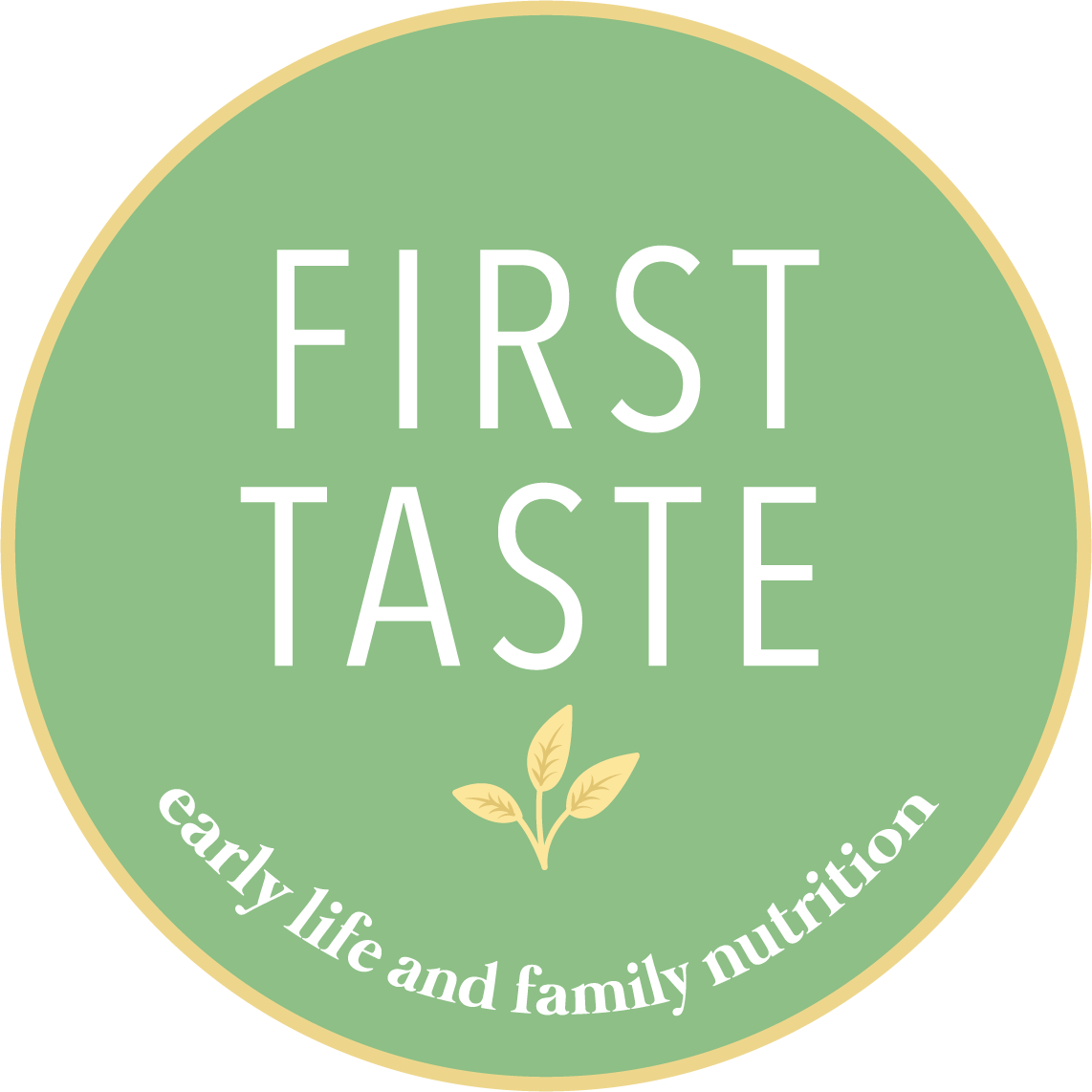Nutrients During Pregnancy
Crysta Pollitt, Pregnancy Dietitian
One of the questions I get asked the most by my clients is- What nutrients do I need during my pregnancy? For a lot of my clients they haven’t thought too much about choline, calcium or folic acid before becoming pregnant. But now they are expected to be experts and are often overwhelmed by thinking- How do I make sure I’m getting enough of all the nutrients I need during my pregnancy?
In the post below I’ll take you through the key nutrients you need and some simple tips and tricks to put your mind at ease.
Pregnancy is a time when the body undergoes significant physiological changes to support fetal growth and development. The nutritional needs of a pregnant woman increase, and it is important to ensure adequate intake of key nutrients to support a healthy pregnancy.
In this article, we will focus on the importance of 5 Nutrients During Pregnancy and the plant based foods that can help meet these needs.
Iron
Calcium
Omega 3’s
Choline
Folate
Iron
Iron is an essential mineral that is required for the formation of red blood cells, which carry oxygen to the body's tissues. During pregnancy, the body's demand for iron increases to support the growth of the fetus and the expansion of the maternal blood volume. The recommended daily intake of iron during pregnancy is 27 milligrams per day, but it is recommended plant based eaters get almost double that.
Iron-rich plant-based foods that can help meet this requirement include:
Legumes (such as lentils, chickpeas, and beans)
Tofu
Nuts and seeds
Fortified cereals
Dark leafy greens (such as cooked spinach)
Enhancing Iron Absorption
Consuming these foods with vitamin C-rich foods, such as citrus fruits or tomatoes, can help enhance iron absorption.
2. Calcium
Calcium is another important nutrient during pregnancy, as it is essential for the development of the fetal skeleton and teeth, and to maintain maternal bone health. The recommended daily intake of calcium during pregnancy is 1000 milligrams per day.
Plant-Based Calcium Sources include:
Cruciferous vegetables (such as kale, broccoli, cabbage, and collard greens)
Fortified plant-based milks (such as almond or soy milk)
Tofu
Sesame seeds
3. Omega-3 Fatty Acids
Omega-3 fatty acids are important for fetal brain and eye development. There are different types of omega-3 fatty acids; The ALA form which can be found in many plant based foods like walnuts and seeds. And the DHA form, particularly important during pregnancy is found in fish and marine plants.
Good plant-based sources of Omega-3s include
Algae-based supplements
Flaxseeds
Chia seeds
4. Choline
Choline is another essential nutrient during pregnancy, as it plays an important role in cognitive development and is beginning to be more understood as a key factor for gene expression. The recommended daily intake of choline during pregnancy is 450 milligrams per day.
Plant-based sources of choline include
Soy beans
Quinoa
Peanut butter
Almonds
The FIRST TASTE BABY BLUEPRINT is an excellent resource for pregnant women who want to feel supported and confident as they navigate the changes and challenges of pregnancy. The program offers expert advice and guidance from a Pregnancy Dietitian to help women meet their nutrient needs and optimize their health during pregnancy. Women can feel confident in their choices and receive personalized recommendations that are tailored to their unique needs. The program also provides a supportive community of other pregnant women who are going through similar experiences, offering a space for connection and encouragement.
5. Folate
Folic acid is important for preventing neural tube defects, and calcium is necessary for its absorption. Good plant-based sources of folic acid and calcium include:
Leafy green vegetables (spinach, collard greens, and kale)
Beans (black beans, pinto beans, and navy beans)
Fortified cereals
Conclusion
It is important to pay attention to nutrient intake during pregnancy. A healthy and balanced plant-based diet, along with appropriate supplementation, can help ensure that both the mother and the developing fetus receive the nutrients they need for optimal health.


